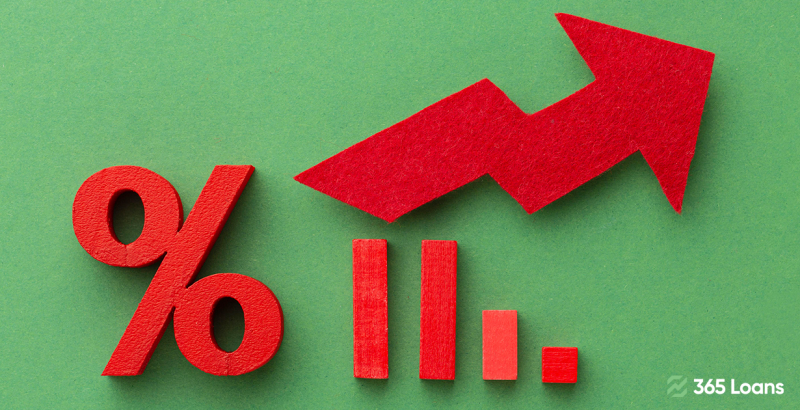Low-interest rates present a golden opportunity for individuals to optimize their financial strategies and make significant strides toward their goals. Whether you’re considering a new home, planning a major purchase, or looking to consolidate debt, capitalizing on low-interest rates can save you money and pave the way for financial success. In this guide, we’ll explore practical ways to make the most of these favorable conditions.
Mortgage Refinancing:
For homeowners, low-interest rates open the door to substantial savings through mortgage refinancing. By refinancing your mortgage at a lower interest rate, you can potentially reduce monthly payments and save thousands over the life of your loan.
For example, if you have a $300,000 mortgage at a 4% interest rate and refinance to 3%, you could save over $100,000 in interest payments over a 30-year term.
Consolidating High-Interest Debt:
High-interest debt, such as credit cards or personal loans, can be a significant financial burden. Taking advantage of low-interest rates to consolidate this debt into a single, more manageable loan can lead to substantial savings.
For instance, if you have $20,000 in credit card debt with an average interest rate of 18%, consolidating it into a personal loan at 6% could save you thousands in interest payments.
Auto Loans:
If you’re in the market for a new car, low-interest rates can make financing more affordable. A lower interest rate on an auto loan can translate into lower monthly payments and decreased overall borrowing costs.
Consider this: a $25,000 car loan at 5% versus 3% could save you approximately $800 in interest over a five-year term.
Student Loan Refinancing:
For those with student loans, especially private ones with higher interest rates, now may be an opportune time to explore refinancing options. Lowering the interest rate on student loans can result in significant savings over the repayment period.
For instance, refinancing a $50,000 student loan from 6% to 4% could save you around $5,000 in interest over a 10-year term.
Starting or Expanding a Business:
Entrepreneurs and small business owners can benefit from low-interest rates by securing loans for starting or expanding their ventures. Whether it’s launching a new business, purchasing equipment, or expanding operations, lower interest rates mean more affordable financing, reducing the financial strain on businesses in their early stages.
Building a Robust Emergency Fund:
While not directly related to loans, individuals can leverage low-interest rates to build or reinforce their emergency fund. Instead of keeping excess funds in low-yield savings accounts, consider short-term investments or certificates of deposit (CDs) with higher interest rates, allowing your emergency fund to grow more effectively.
In conclusion, low-interest rates provide a unique window of opportunity for individuals to optimize their financial standing. Whether it’s reducing mortgage payments, consolidating high-interest debt, or seizing entrepreneurial opportunities, making the most of these rates requires strategic planning and informed decision-making. By taking advantage of these favorable conditions, you can build a stronger financial foundation and pave the way for long-term success.







